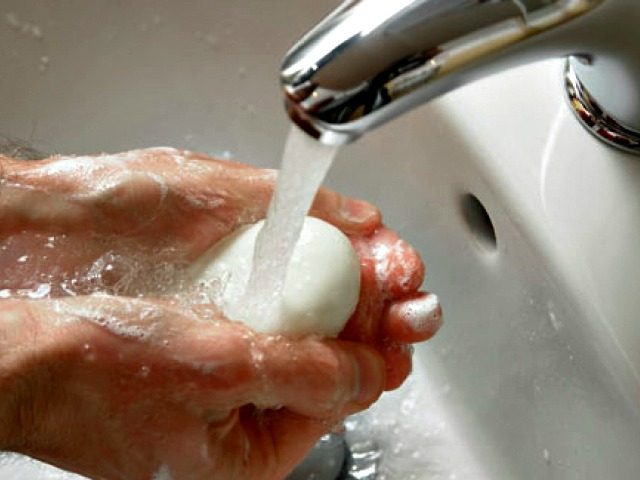The Food and Drug Administration banned 19 chemicals used in antibacterial soaps, saying that companies have failed to prove they are safe and effective.
“We have no scientific evidence that they are any better than plain soap and water,” said Dr. Janet Woodcock, the FDA’s drug center director, in a statement to The Associated Press.
The FDA’s ruling specifically targets triclosan and triclocarban because of studies that show that these agents can generate drug-resistant bacteria and interfere with hormone levels, according to the agency.
Under the ruling, companies have a year to either take the ingredients out of their products or remove the products from the market entirely, the FDA said in a press release.
In 2013, the FDA ruled that companies with these antibacterial chemicals must prove that they are safe and effective for consumer use based on studies that showed little to evidence that these chemicals work or are safe for consumer use.
When the FDA made its decision to ban the chemicals, the agency said they had received no studies from companies that showed the chemicals were safe and effective.
Soap industry officials, however, dispute these claims.
“Washing the hands with an antiseptic soap can help reduce the risk of infection beyond that provided by washing with non-antibacterial soap and water,” said Brian Sansoni, spokesman for the American Cleaning Institute, in an emailed statement to NPR.
The ban only applies to hand soaps and body washes for consumer use. The ban doesn’t apply to hand sanitizers, which use alcohol instead of antibacterial chemicals, according to the FDA’s press release.

COMMENTS
Please let us know if you're having issues with commenting.